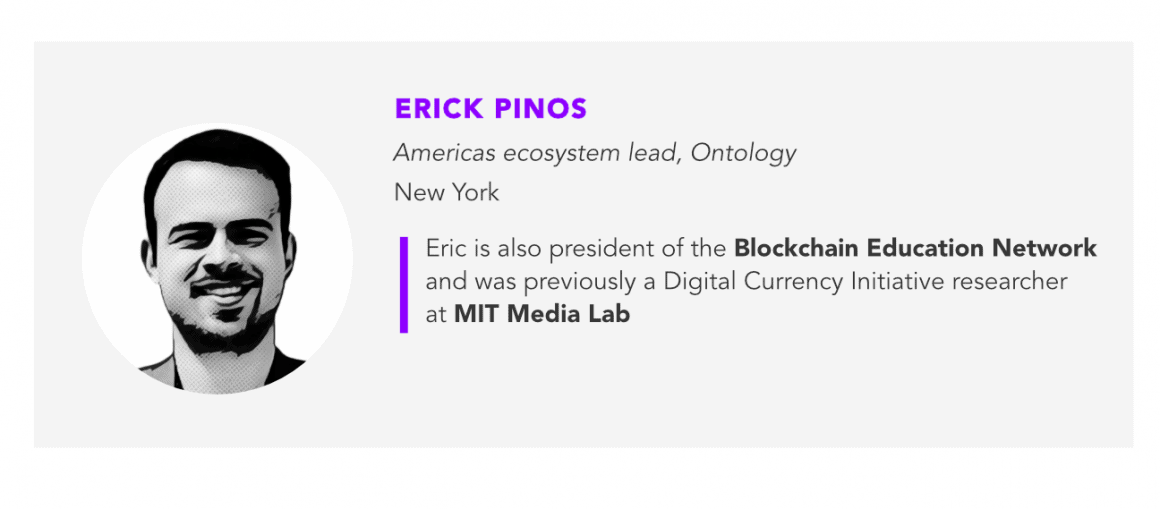These are undoubtedly strange and unnerving times. When esteemed public figures such as Barack Obama, Joe Biden and Elon Musk posted identical tweets promoting an offer that would allow their audience to double their money by sending cryptocurrency to a shady wallet address, something seemed off. And it was. The scam involving hijacked accounts resulted in more than $100,000 being quickly collated as stolen “donations,” before Twitter officials were able to step in and shut down the fraudulent activity. The reach of the afflicted high-profile accounts extended to over 350 million users, meaning the damage could have been much worse had more people taken the bait.

Unfortunately, last month’s Twitter hack is just the latest in a long line of cases involving undermining the integrity of everyday users’ data, their personally identifiable information (PII), and in some cases, their savings. While this is nothing new, we are reaching an inflection point that will expedite the proliferation of decentralized identity solutions to provide genuine safeguards for users.
Despite the significant technological advances of the past decade, the reality is, individuals’ data seems to be more at risk than ever before. The waves of hacks and data leaks continue to swell, infuriating users and serving up drum loads of reputational kryptonite for corporates, eroding the trust of individuals and accentuating the need for decentralized solutions. The backdrop of the recent Congressional antitrust hearings has also added to the sense of trust degradation across media and political spheres when it comes to Big Tech, social media and the safety of users.
However, it’s not all doom and gloom, as inroads have been made from a policy perspective, with the enactment of the EU’s General Data Protection Regulation (GDPR) and the California Consumer Privacy Act (CCPA) frameworks coming as welcome and timely developments in recent years.
The release of the European data governance strategy in February of this year set out some bold proposals with regard to prioritizing the rights of individuals over their personal data. The strategy also signalled somewhat of a perspective shift from European regulators as it pertains to the monetization of users’ data. More specifically, the strategy proposed the roll-out of a cloud services marketplace for EU users from the private and public sector, facilitated by the European Commission, earmarked for completion by late 2022. Broadly speaking, the project seems to have taken some inspiration from a template implemented in Austria, which assigns unique identifiers to its citizens to help keep track of their information while storing said data in public repositories.
While any moves instigated to help citizens rightfully reap the rewards from the value of their personally identifiable information (PII) should be heralded, the strategy fails to outline how individuals will be compensated. Having a centralized repository still leaves individuals’ data open to potentially damaging leaks and hacks.

With this in mind, decentralized solutions can ensure no stone is left unturned in the effort to uphold the integrity of users’ data, while ensuring individuals are appropriately compensated depending on the value of their data. Importantly, any data monetization would of course be the prerogative of the individual. Through bespoke mobile digital ID applications, users can securely manage their digital identity by storing it locally on a phone, for example, or on trusted cloud storage providers with a private key that reserves access for verified users only.
Aside from private key security, evidence of blockchain’s capabilities as a mechanism to provide ultimate clarity and traceability around individuals’ data continues to mount. Blockchain is currently being leveraged as a tool to verify candidates’ professional documents, including university certificates, and ultimately, helping to expedite key recruits for enterprises. In the corporate sphere, the value of harnessing blockchain from a qualification verification perspective has been recognized by industry giants such as Deloitte, and it would make sense for technological innovations of this variety to be deployed as a recruitment tool across the board.
Circling back to the Twitter case, holders of cryptocurrencies should be able to manage and exchange their holdings with more confidence around fund security, not be left susceptible to outrageous cases of fraud. When it comes to digital assets, the level of trust among consumers in the asset class has grown significantly in recent times, but instances of fraud such as the recent Twitter scam will undercut that growing crypto equity — something that can be addressed with unique digital identifiers, backed up by blockchain technology.
Ultimately, holders of digital assets should have full oversight over their crypto holdings irrespective of what wallet they are using. Thankfully, solutions that connect users’ assets to their identity are now available, which help mitigate the risk of fraudulent activity that too often ensnares the holdings of everyday users. Secure digital identity solutions would also help shatter the glass ceiling that has restricted mainstream adoption of digital assets and blockchain technology to date.




